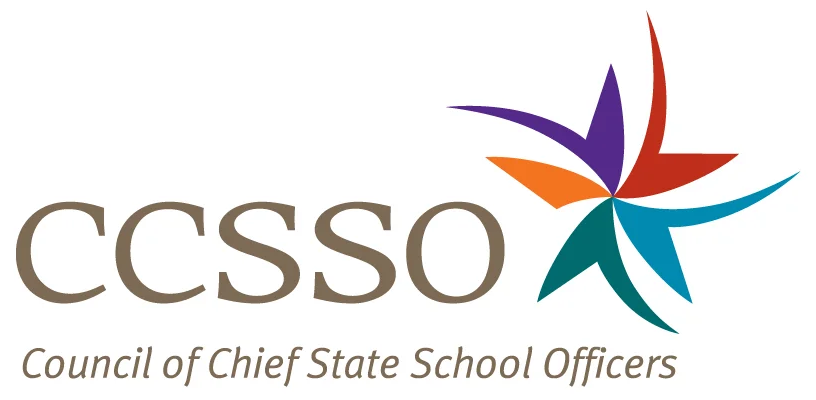How States Are Using ESSER Funds to Support English Learners and Immigrant-Origin Students
In the fall of 2020, close to 5 million English learner (EL) students were enrolled in K-12 education in the United States, representing 10% of total enrollment. Children in immigrant families account for more than 20 percent of all children in the United States. Multilingual education impacts both ELs and immigrant-origin students and schools are working to create or expand initiatives to better serve those students. Multilingual learners are one of the fastest-growing student populations in the nation's schools. With the 10% state set-aside made available through the Elementary and Secondary School Emergency Relief (ESSER) Fund, a historic $190 billion federal investment in pandemic recovery for K-12 public schools, several states invested in programs and priorities to benefit multilingual learners and immigrant-origin students. Several states focused on enhancing their teacher workforce, while others worked on implementing high-quality programs that work directly with students and families.
With recognition of the importance of having teachers to support English learners, many states have used ESSER state set-aside funds to prioritize trainings to effectively support EL students and recruit and retain the teacher workforce.
Illinois utilized ESSER funding to award more than $5 million in grants to support bilingual educators. The Elevating Educators: Bilingual Education Grants provided funding to support an estimated 800 teachers in 147 school districts to receive training and licensure to teach EL students. The Elevating Educators grants cover expenses for teachers to earn permanent bilingual teaching licensure to best meet the state’s growing EL population’s needs. This grant program seeks to mitigate the harm the pandemic caused by working to meet these students’ needs as multilingual learners and support them in their home languages for greater success.
The Indiana Department of Education formed a partnership with the University of Indianapolis’ Center of Excellence in Leadership of Learning (CELL) to create the Indiana Teachers of English Learners Licensure (I-TELL) initiative. This initiative, funded through $2 million in ESSER funding, covers tuition, books and material fees for current educators and bachelor’s degree holders who complete coursework leading to English as a New Language (ENL) licensure. This new licensure allows educators to transition their careers to be part of the support needed for EL students in the state.
Much like Illinois and Indiana, Tennessee used funding to focus on a Grow Your Own initiative. A $20 million grant removes barriers for many hoping to enter the teaching profession while increasing the number of qualified teachers in schools. The grant provides a no-cost education with the ability to receive English Language Learners certification or other certifications, such as special education and grade or subject certification.
Other states recognized the complexity of EL students’ needs and are using ESSER funds to provide direct support. Some states have created an entirely new team to focus on multilingual leaner supports, while others are partnering with community organizations and nonprofits to assist students and their families.
To respond to the needs of ELs, the Oregon Department of Education created the Multilingual and Migrant Education (MME) Team. The MME Team has increased Oregon’s capacity to serve migrant and multilingual families and students. The team develops guidance and resources for high-quality and inclusive programs to ensure academic rigor for ELs, leads development of Oregon’s Strategic Plan for Multilingual Learner Success, supports expansion for greater access to dual language programs and strengthens systems of support for new EL families and students.
Vermont’s Agency of Education committed $200,000 of ESSER funding to support two nonprofits in the state serving newly arrived Afghan students. This funding helps ensure that refugee students and families have access to summer programs and community mentoring to assist as they transition into the community. The grant is a response to the growing Afghan population in Vermont and provide newcomers with high-quality and culturally responsive education services.
From increasing the teacher workforce, providing access to summer programs and mentoring, and ensuring teachers receive the proper training and EL certification, states have been working hard to support EL students. CCSSO looks forward to further researching the impact of these initiatives and projects and sharing updates for the benefit of all states and territories.
This post has been updated and reflects revised information on children in immigrant families.
